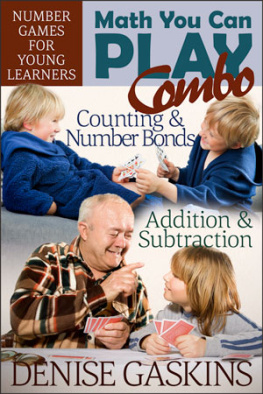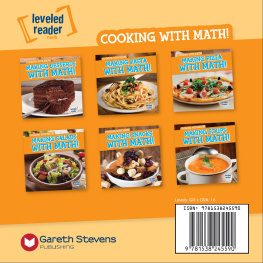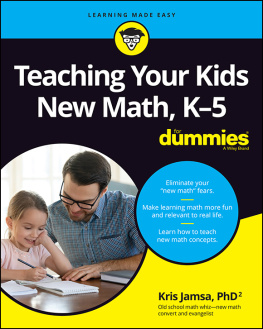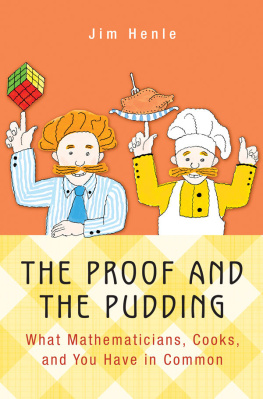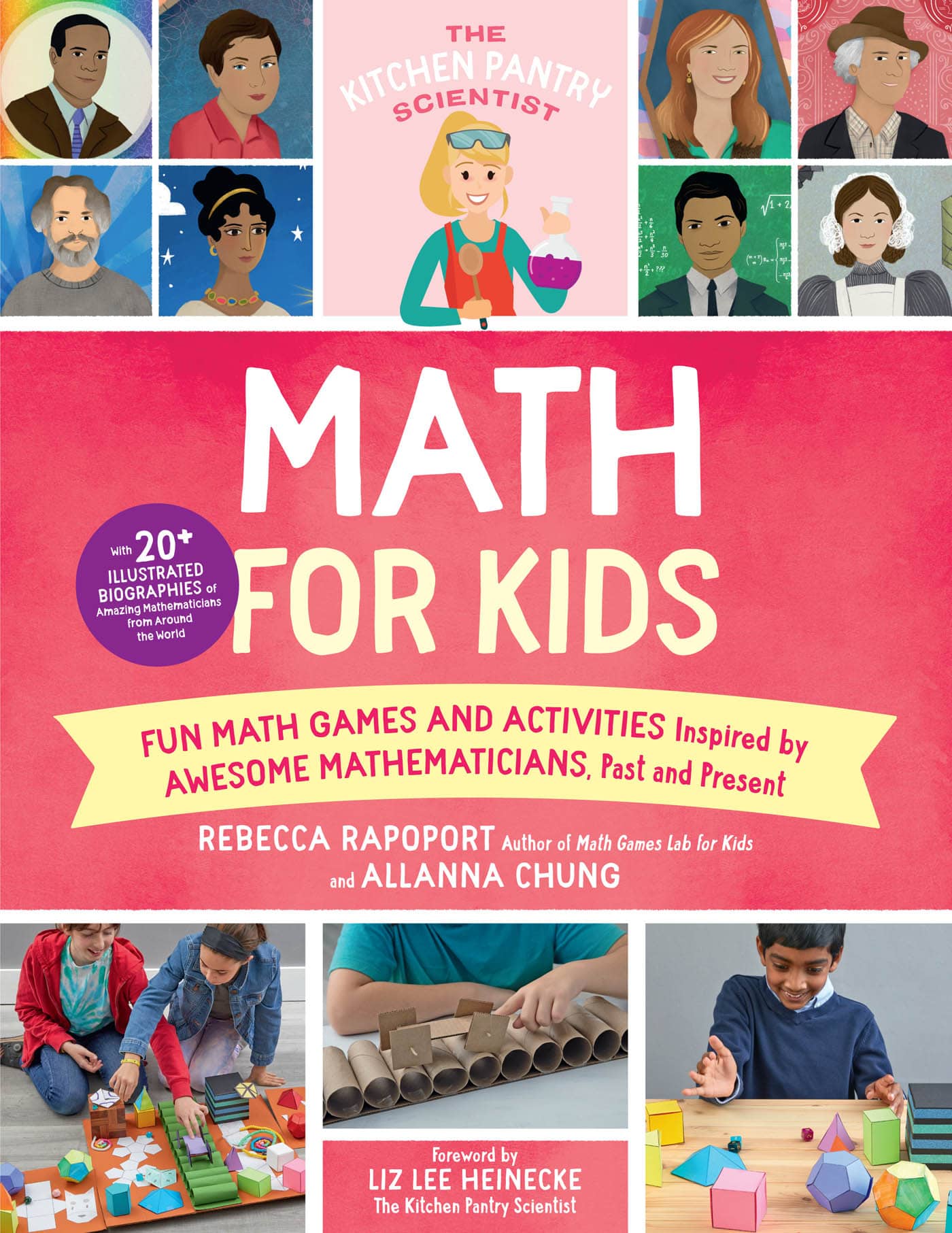Rebecca Rapoport - The Kitchen Pantry Scientist Math for Kids: Fun Math Games and Activities Inspired by Awesome Mathematicians, Past and Present; with 20+ Illustrated Biographies of Amazing Mathematicians from Around
Here you can read online Rebecca Rapoport - The Kitchen Pantry Scientist Math for Kids: Fun Math Games and Activities Inspired by Awesome Mathematicians, Past and Present; with 20+ Illustrated Biographies of Amazing Mathematicians from Around full text of the book (entire story) in english for free. Download pdf and epub, get meaning, cover and reviews about this ebook. year: 2022, publisher: Quarry Books, genre: Children. Description of the work, (preface) as well as reviews are available. Best literature library LitArk.com created for fans of good reading and offers a wide selection of genres:
Romance novel
Science fiction
Adventure
Detective
Science
History
Home and family
Prose
Art
Politics
Computer
Non-fiction
Religion
Business
Children
Humor
Choose a favorite category and find really read worthwhile books. Enjoy immersion in the world of imagination, feel the emotions of the characters or learn something new for yourself, make an fascinating discovery.

- Book:The Kitchen Pantry Scientist Math for Kids: Fun Math Games and Activities Inspired by Awesome Mathematicians, Past and Present; with 20+ Illustrated Biographies of Amazing Mathematicians from Around
- Author:
- Publisher:Quarry Books
- Genre:
- Year:2022
- Rating:4 / 5
- Favourites:Add to favourites
- Your mark:
The Kitchen Pantry Scientist Math for Kids: Fun Math Games and Activities Inspired by Awesome Mathematicians, Past and Present; with 20+ Illustrated Biographies of Amazing Mathematicians from Around: summary, description and annotation
We offer to read an annotation, description, summary or preface (depends on what the author of the book "The Kitchen Pantry Scientist Math for Kids: Fun Math Games and Activities Inspired by Awesome Mathematicians, Past and Present; with 20+ Illustrated Biographies of Amazing Mathematicians from Around" wrote himself). If you haven't found the necessary information about the book — write in the comments, we will try to find it.
Go beyond counting. Solve puzzles, learn a magic trick, and play a ton of games.
This engaging guide offers a series of snapshots of 20+ mathematicians, from ancient history through today, paired with related hands-on projects perfect for a kitchen or a classroom. Each lab tells the story of a mathematician along with some background about the importance of their work, and a description of where it is still being used or reflected in todays world.
A step-by-step illustrated game or activity paired with each story offers kids an opportunity to engage directly with concepts the mathematicians pursued, or are working on today. Experiments range from very simple projects using materials you probably already have on hand, to more complicated ones that may require a few inexpensive items you can purchase online. Just a few of the incredible people and scientific concepts youll explore:
Hypatia (b. ~350370)
Square Wheels
Florence Nightingale (b. 1820)
Pizza Pie Charts
Emmy Noether (b. 1882)
Fabulous Folding Flexagons
Ron Graham (b. 1935)
Fibbonacci Spiral
Fan Chung (b. 1949)
Corners and Edges and Faces! Oh my!
With this fascinating, hands-on exploration of the history of mathematics, inspire the next generation of great mathematicians.
Dig into even more incredible science history from The Kitchen Pantry Scientist series with: Chemistry for Kids, Biology for Kids, Physics for Kids, and Ecology for Kids.
Rebecca Rapoport: author's other books
Who wrote The Kitchen Pantry Scientist Math for Kids: Fun Math Games and Activities Inspired by Awesome Mathematicians, Past and Present; with 20+ Illustrated Biographies of Amazing Mathematicians from Around? Find out the surname, the name of the author of the book and a list of all author's works by series.

